The haunting image clung to my mind when I read the passages about the stray dogs in Bu Dop in the chapter "To the Southeastern Region" of the autobiography "Searching for a Star." When our troops captured the Bu Dop military base, before leaving, the enemy intimidated and drove the people to Phuoc Long, anticipating that if the liberation army fired artillery in pursuit, the civilians would serve as human shields. During the process of gathering information and writing articles to send back to the rear, the author and the working group witnessed that in the town of Bu Dop, with over ten thousand inhabitants, only about a dozen families remained. In the deserted houses, cattle, pigs, and chickens could find some leaves and grass in the garden to stave off hunger, but the dogs had nothing to eat in the desolate battlefield, becoming emaciated wild animals with eyes that seemed to burn with fury. They formed herds of up to hundreds of animals, standing in an arc outside where the R propaganda team was located. They kept their distance and showed no intention of attacking people, seemingly pleading for food. Each time the soldiers threw out some food, a terrifying scramble and biting ensued.
To save those poor dogs, every time he cooked, the author would add a little extra rice and, when they weren't waiting around, scatter the rice at intervals behind the house and in the yard. Any dog lucky enough to find it would eat. This continued throughout the time the task force stayed in Bu Dop. But what haunts the reader isn't the horrific fight over food among the dogs. On the day they left Bu Dop, even though the task force departed very early to avoid the scorching summer sun, hundreds of dogs followed behind – a unique "farewell" not between relatives, comrades, or fellow soldiers, but between a pack of dogs that the soldiers had given their meals to during those days of hunger. They lined up in a long row as if to thank the soldiers for their care. At first, there were hundreds of them, then fewer and fewer, and finally only one light-colored dog followed the author the entire journey. Under the scorching sun, feeling sorry for the animal, the author held out a handful of rice as a signal, then broke off a piece and left it by the roadside for the dog. Strangely, the dog only sniffed the rice before quickly running after them until the team turned into the rubber forest. As if understanding the parting, the dog stood watching from the road until the author and the team disappeared into the forest.
"A dog and a horse know each other's feelings." This is an old idiom about the close bond between dogs and horses and their caretakers. But surely the author is not only expressing a philosophy about life and human nature when writing about the pack of stray dogs, but also wants to say that war brings countless brutal situations. No matter how imaginative someone is, they cannot fully comprehend the horrific suffering that war causes. Not only does it exceed the limits of human endurance, but even animals face desperate starvation and thirst. Neither humans nor animals in war are allowed to experience a normal death like other creatures born on earth. Or consider the story between the author and Aunt Năm from the outskirts of Hữu Đạo during a memorial service the author was invited to attend. Seeing the simple, small shack with three altars, the author honestly asked, and Auntie Nam replied sadly, "The middle altar is for him. He stepped on a landmine while working in the fields and died. The two on either side are for my two sons, Ba and Tu. One was in the national army, the other in the liberation army. We had to set up two altars so they wouldn't see each other every day. Today we're making a memorial meal for Tu, so we have to pull the curtain over Ba's altar!" This dialogue between the author and Auntie Nam reflects the overwhelming, unspeakable pain, a heart-wrenching sorrow of a wife and mother whose two sons were on opposite sides of the battlefield before their deaths.
Vietnam, a small nation, has always been threatened by foreign invasion, and time and again, our people have had to endure trials through wars of national defense. Countless literary works, films, and other art forms have depicted the haunting reality of war, allowing humanity to read, watch, and imagine its brutality. Yet, war continues incessantly across the globe; before the smoke of bombs has cleared in one place, the flames of war are ignited elsewhere. Thousands of martyrs' cemeteries stretch from the South to the North, including remote islands; lands devastated by chemical weapons sprayed by the US imperialists; and the second and third generations of those directly exposed to these chemicals still suffer from physical and mental disabilities… these are the horrific testaments that war has left on this S-shaped land. Today's generation must know and understand the brutality of war in order to fully appreciate the immense contributions and sacrifices of previous generations, to fully understand the value of peace , and to live responsibly towards the country.
Two books by Comrade Pham Quang Nghi, former member of the Politburo and Secretary of the Hanoi City Party Committee, contain many chapters about the battlefields of Binh Long, Loc Ninh, and Bu Dop in the years 1972-1973.
Source: https://baobinhphuoc.com.vn/news/9/170644/dan-cho-hoang-o-bu-dop-and-the-dark-memories-of-war


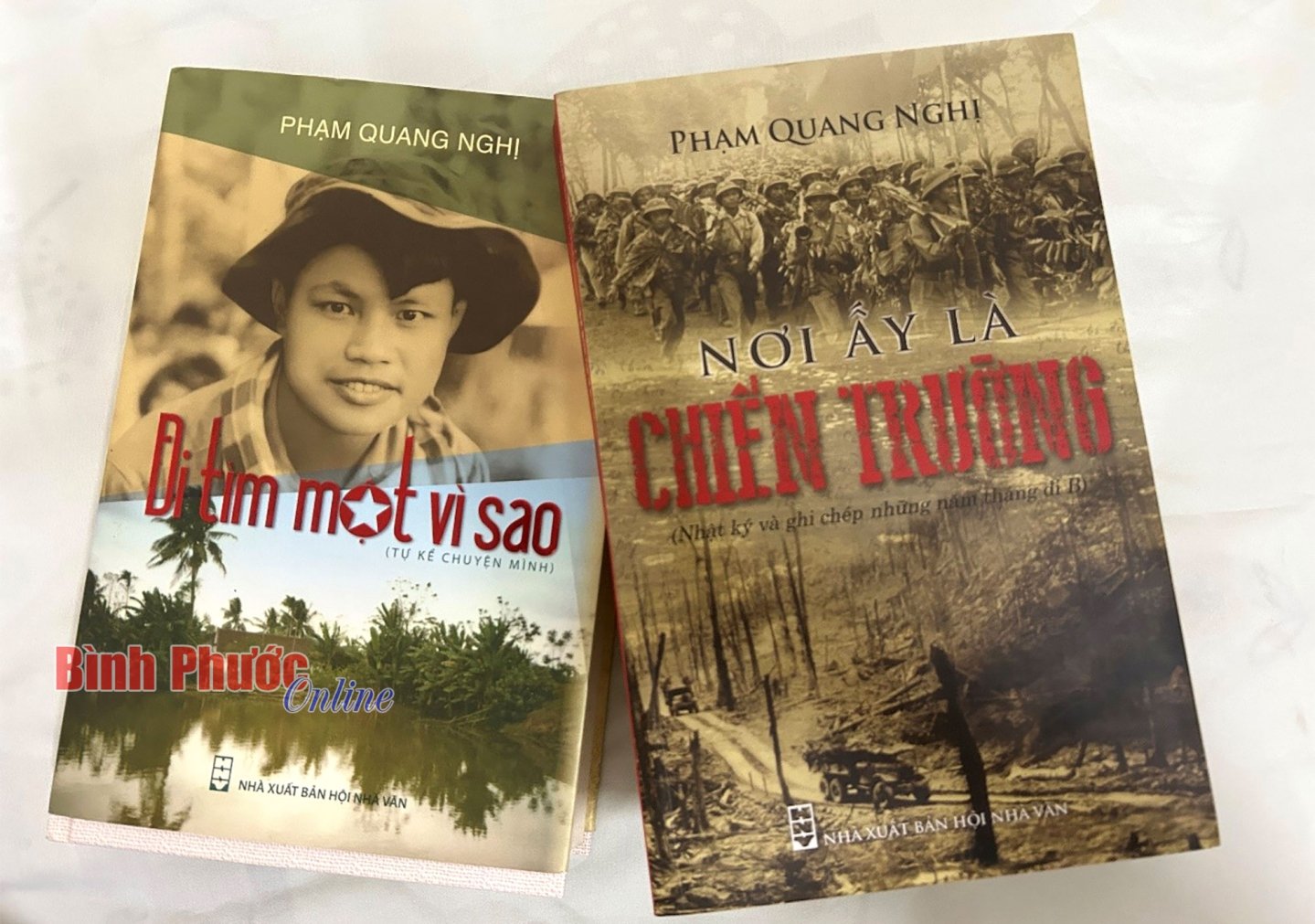






















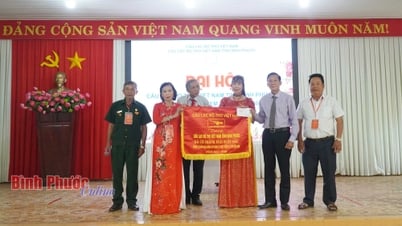
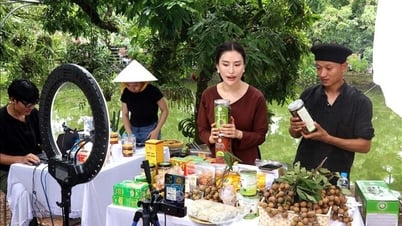



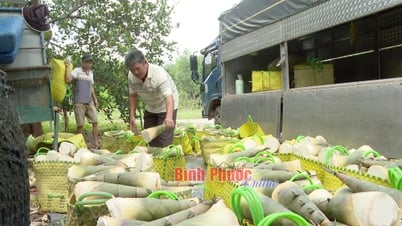












































































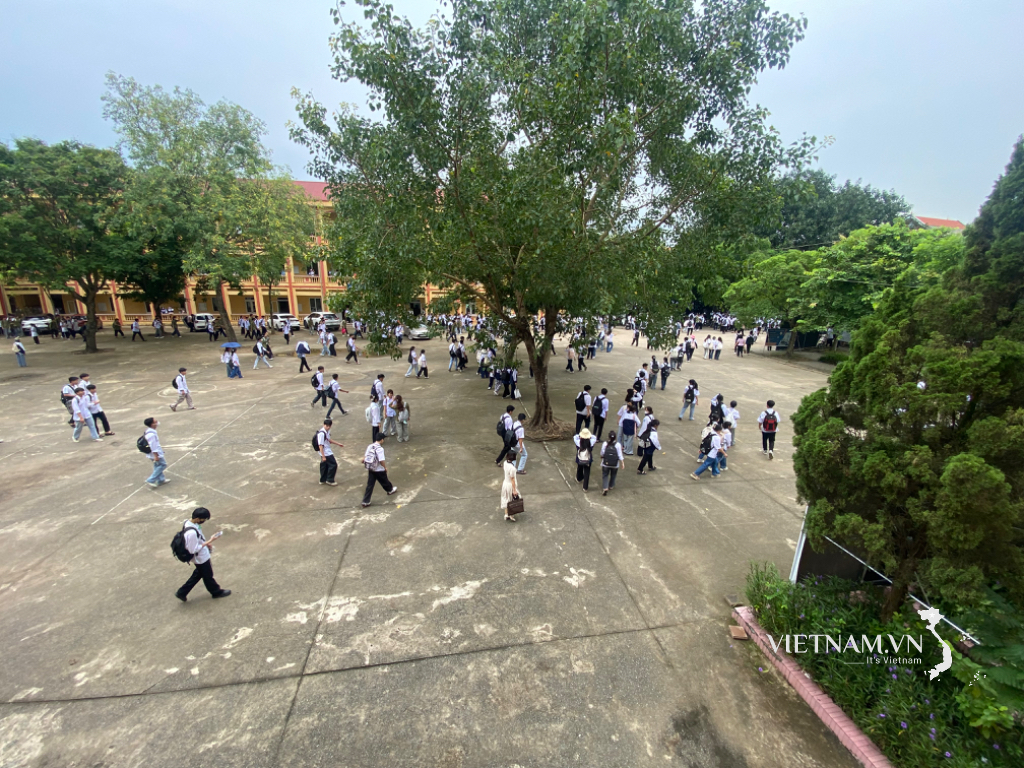
Comment (0)